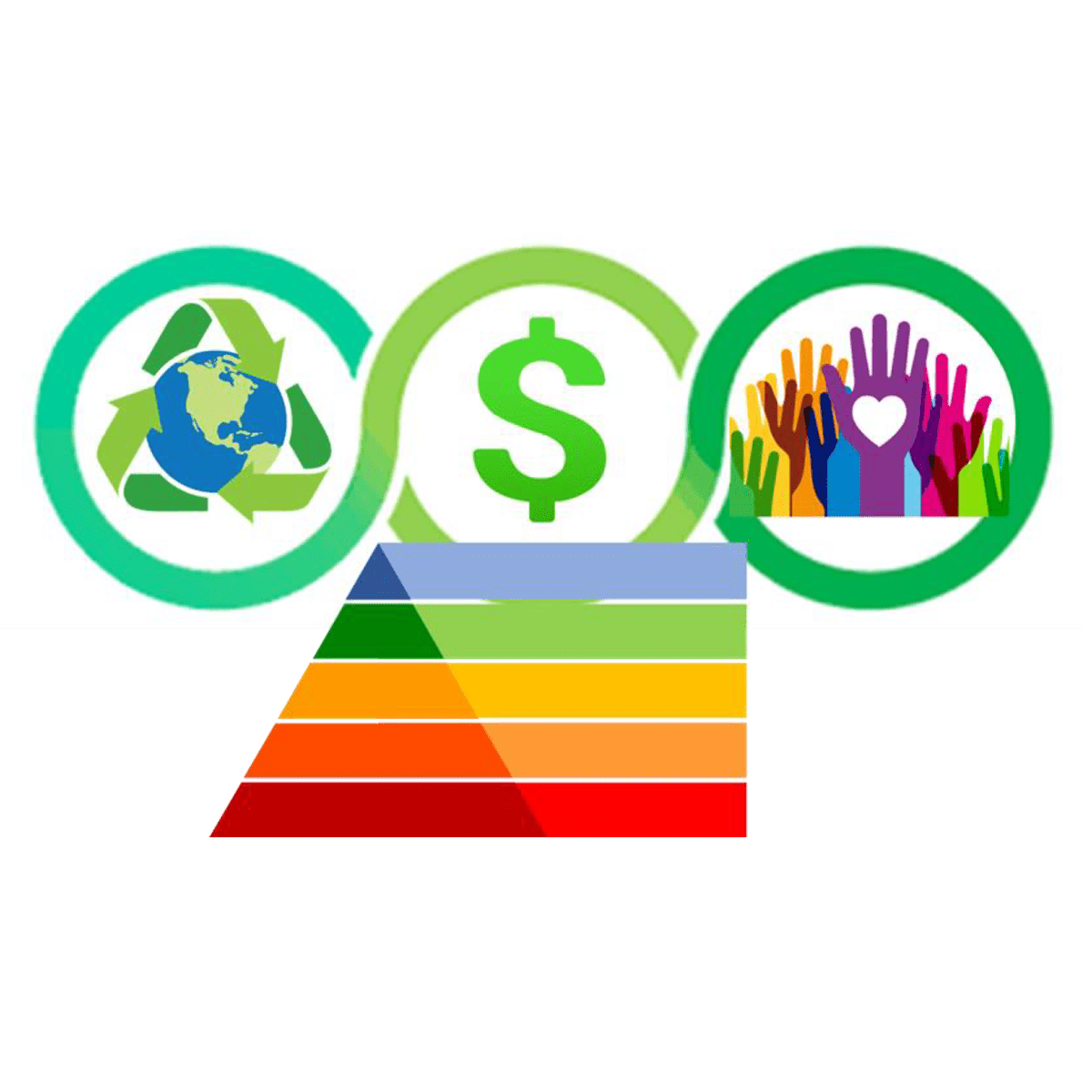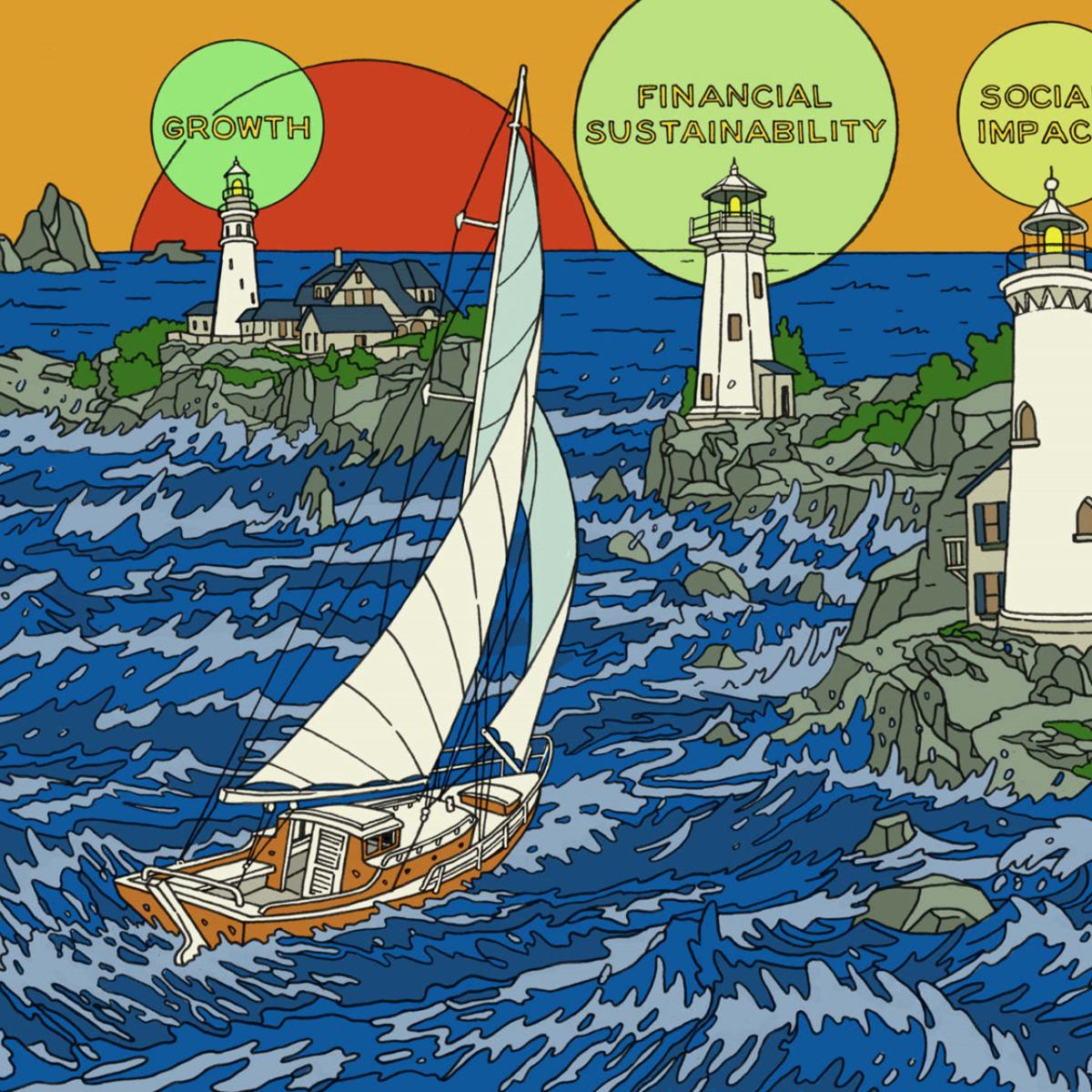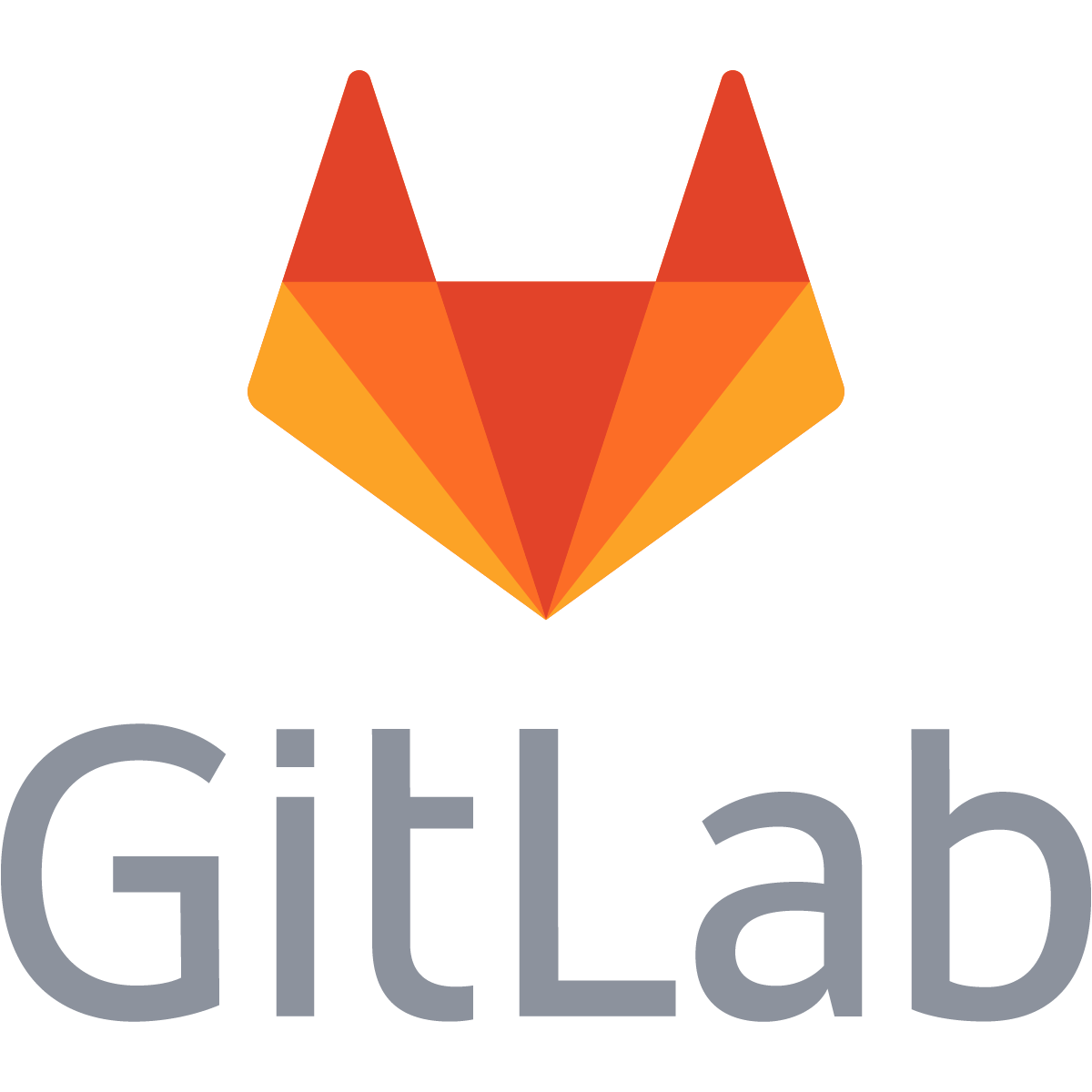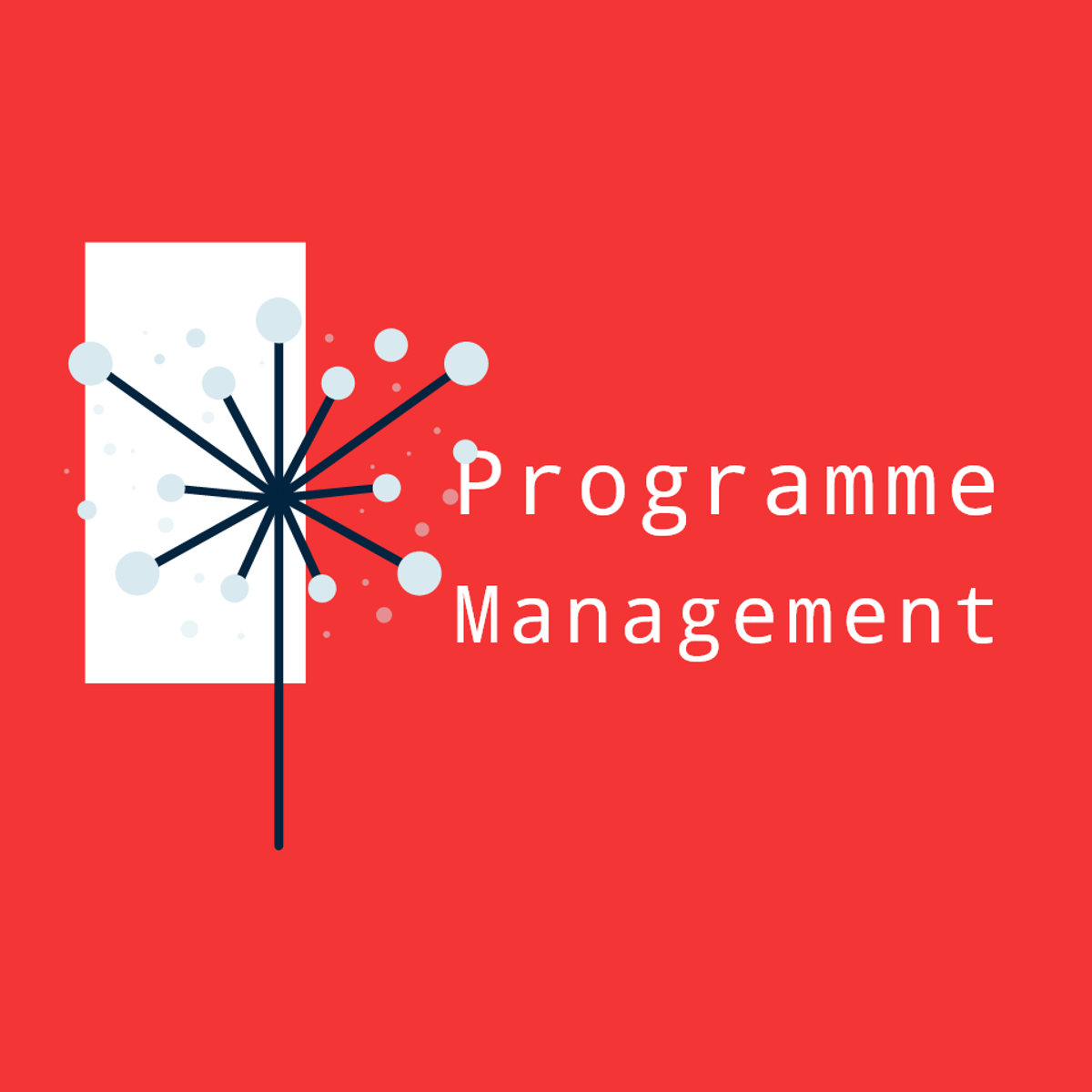Back to Courses









Leadership And Management Courses - Page 60
Showing results 591-600 of 600

Leadership and Influence
The only thing you get to change is yourself, and in the prerequisites to this course we’ve given you real tools to do that. Now, use those tools to influence the course of your future, your team's future, and your organization's future. Make a plan for yourself that will help you help others, and learn skills to make it happen.
Listening and being sure of your values underpins everything that comes with professional influencer and leadership soft skills. We’ll go on to look at self-assessment and leadership planning, negotiation, addressing and resolving conflict, and successfully identifying and promoting circumstances you want.
After this course, you will be able to:
- state your own mission and plan with confidence
- negotiate and persuade
- deal with difficult people
- contribute to crafting a working environment you want to work in
The prerequisites for this course are Courses One and Two of the Specialization "Professional IQ: Preventing and Solving Problems at Work".

Assessing Cultural Climate
Assessment is an integral part of any strategic effort. This course provides a familiarization of assessment practices and provides learners with various traditional and nontraditional methods of measurement to assist in making informed improvements to their DE&I initiatives. You will also expand your knowledge in creating bias-free and inclusive evaluation tools with special emphasis placed on assessing organizational climate and culture.
By the end of this course, you will be able to:
1. Examine the benefits of benchmarking DE&I efforts internally and against other institutions.
2. Identify variables related to DE&I assessment and how the peer review may be used in this approach.
3. Discover the elements of a successful DE&I statement and how to assess its effectiveness.
4. Describe how ethnography and strategic foresight can be used to address systemic discrimination, social justice and other DE&I concerns in your organization.

Value Creation and Building Enduring Relationships
The most effective leaders in complex technical organizations are successful leading the performance of large-scale technical endeavors. These leaders have generally established a network of professional relationships, supporting them throughout their career. This third Leading Technical Organizations course, "Value Creation and Building Enduring Relationships", explores techniques for building relationships that have a multiplicative impact on business success. The course provides insight into how authentic leadership yields employee engagement that is critical to strategizing, planning and performing large scale technical endeavors.
This course can be taken for academic credit as part of CU Boulder’s Master of Engineering in Engineering Management (ME-EM) degree offered on the Coursera platform. The ME-EM is designed to help engineers, scientists, and technical professionals move into leadership and management roles in the engineering and technical sectors. With performance-based admissions and no application process, the ME-EM is ideal for individuals with a broad range of undergraduate education and/or professional experience. Learn more about the ME-EM program at https://www.coursera.org/degrees/me-engineering-management-boulder.

Identify One Source of Truth with a Project Wall in Miro
By the end of this project, you will be able to identify one source of truth by creating a sharable project wall.
To do this, you will gain hands-on experience designing a project wall that ensures transparency, a shared sense of responsibility across an organization, and delivers products faster in the Miro online visual collaboration platform for teamwork.
Note: This course works best for learners who are based in the North America region. We’re currently working on providing the same experience in other regions.

Social Impact Strategy: Tools for Entrepreneurs and Innovators
This course offers an introduction to social impact strategy and social entrepreneurship, including key concepts, an overview of the field, and tools to get started as a changemaker. Students will learn how to innovate and design new ideas and new organizational forms to implement those ideas. Students who take this course will be better prepared to launch social impact
organizations of their own invention.
By moving through four stages, Define, Design, Pilot, and Scale, students will turn their passion for changing the world into concrete plans for launching a nonprofit or for-profit venture designed to achieve a social goal. This course will allow students to systematically think through problems; develop and test an innovative solution; assess risk, competition, and performance; and spread impact in a way that is financially sustainable.
Students who complete the course become eligible to apply for an in-person educational experience, called the Global Social Impact House. GSIH is a seven-day residential program that provides fellows with the tools, community and training they need to advance their ventures. Workshops are customized to the needs of fellows and explore advanced concepts in business models, design thinking and leadership. The program is also designed to help fellows build meaningful, global connections while living together in an inspirational host location. For more information on the Global Social Impact House, please visit: https://csis.upenn.edu/residential-program/gsih/

Create a Business Case Template in Microsoft Word
In the world of business, everything must be justified. Sometimes action is justified by safety, other times it’s a process improvement. Yet, in almost all cases, those who allocate funds are interested in the finances of a project: both the cost and the return on investment. This project will help you create a template for conveying all of the necessary basic information for your project.

How to Manage a Remote Team
Remote management is much more than just implementing a work-from-home policy. In this course, you’ll learn and apply remote work best practices, build your remote work policy, and prepare your team for success.
This course is ideal for current managers, executives, and human resources professionals who want to learn how to lead and support a high-functioning, scalable remote team. GitLab is one of the world’s largest all-remote organizations; experts from throughout the company will guide you through in-depth lessons for leaders, people managers, and HR professionals to build, manage, and scale.
By the end of this course, you will be able to:
- Lead in a remote environment
- Build a remote organizational culture and practices
- Assess teams’ and managers’ readiness and preparation for remote work
- Create a foundational strategy for executing a remote transformation
For the final project in this course, you will create a real or hypothetical strategic plan to transition a team to remote operation. You will assess your organization's remote maturity and infrastructure, and identify the best team structure for remote operation — including determining whether to use an all-remote or remote-friendly model. You'll outline plans for documentation, education, leadership, and equipment or resource needs for your unique organization.
This is an intermediate-level course, intended for learners who have previous experience managing or leading people. To succeed in this course, you should have at least one year of management experience. No remote experience is required.

Corporate Sustainability. Understanding and Seizing the Strategic Opportunity
The achievement of a balanced economic, social and environmental development - as expressed in the UN Agenda 2030 for Sustainable Development - is recognized as one of the major challenges humanity is facing today. What is less clear is whether and how organizations can generate business opportunities and value for their stakeholders while tackling such challenges.
In this course, thought leaders in a wide variety of management and economics fields illustrate how to assess and seize the opportunities offered by these global emergencies. They will offer new ways to understand the purpose and the logic of success of the business enterprise in this new context, providing ideas and examples on how to manage the transition process to realize the value creation potential from corporate sustainability for all involved stakeholders.
Learning objectives
The course will allow you to:
- Understand What the macroeconomic and microeconomic consequences of both climate changes, poverty, hunger, gender or race discriminations, lack of communication between the State, Civil Societies, and businesses, etc are.
- Understand Why it is important for businesses to tackle sustainability issues in order to create more and better business opportunities;
- Learn How each individual, organization and system can start to analyze its behaviors and change towards more sustainable practices and models.

Program Risk Management in ClickUp
By the end of this guided project, you will be fluent in creating Program Risk Management artefacts for the Planning Phase for diverse programs. You will utilise a logical diagramming plan in an agile environment to develop the solution. This will enable you to identify and classify the required components for risk planning and management. Furthermore, it will help develop a structural model for learning about the field of Program Management.
If you are interested in building up the knowledge leading to this guided project, the following is the link to:
[Developing Programme Management Blueprint with ClickUp]
https://www.coursera.org/projects/program-blueprint
[Advanced Programme Planning Phases Framework in ClickUp]
https://www.coursera.org/projects/program-advanced-planning
This Guided Project is essential for individuals wanting to learn about the field, or looking to transition into working in Program Management. This guided project is designed to engage and harness your visionary and exploratory abilities. You will use proven models in an agile environment with ClickUp to engage in a hands-on learning experience.

Strategic Sourcing
This course will provide a detailed overview of a Strategic Sourcing Process (7 step Process): Profile the Category, Develop a Category Sourcing Strategy, Generate Supplier Profile, Choose Competitive Selection or Supplier Development, Select Supplier(s) and Negotiate, Implement, Continuous Improvement/Supplier Relationship Management
This course learnings will be supported videos, readings a a required case with peer review.
Popular Internships and Jobs by Categories
Browse
© 2024 BoostGrad | All rights reserved


